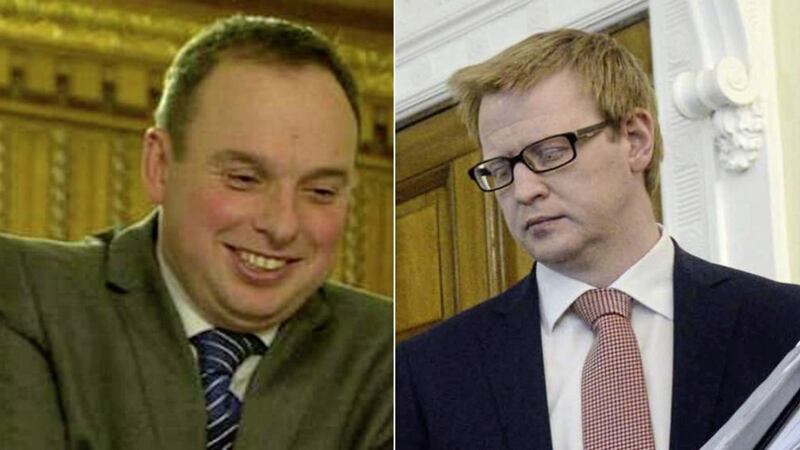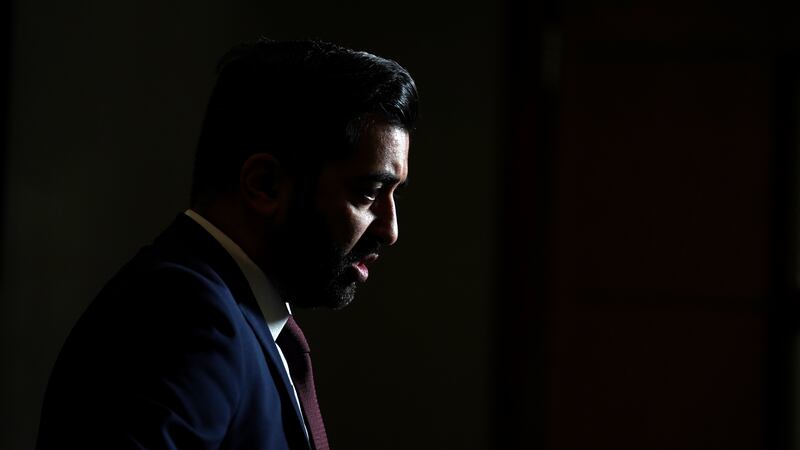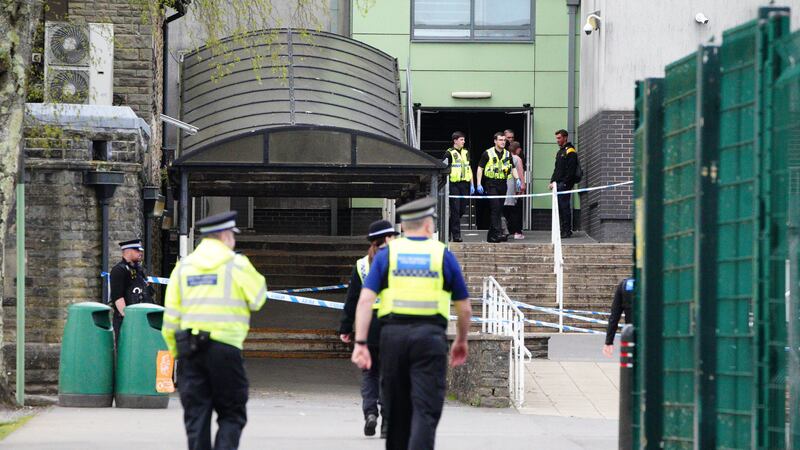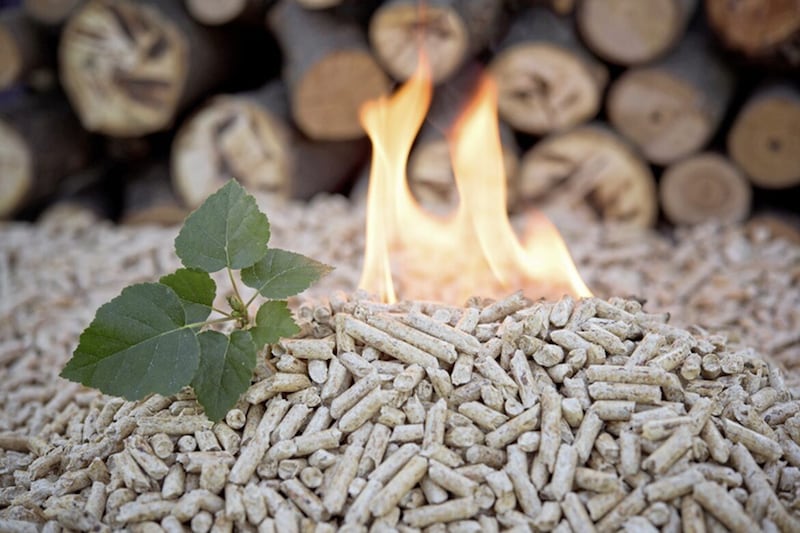RELATIVES of two DUP special advisers embroiled in the RHI scandal applied to the botched scheme just weeks before cost controls were introduced.
Andrew Crawford and John Robinson have close relatives whose poultry farm businesses have received almost £100,000 in Renewable Heat Incentive payments.
Both of their relations applied in September 2015 when former DUP enterprise minister Jonathan Bell announced plans to cap subsidies from November onwards.
The short period before the change saw a huge spike in RHI applications – making up almost half of all those who joined the scheme which launched in 2012.
The details emerge in a list of more than 400 companies and organisations benefitting from RHI payments released on Thursday by the Department for the Economy.
It shows how some firms have already received subsidies worth in excess of half a million pounds – including a poultry firm pocketing more than £650,000 for 13 boilers.
A public inquiry has been launched into RHI after it ran a projected £490m over budget amid claims of abuse – including a farmer allegedly heating an empty shed for profit.
Questions around the scheme have focused on why cost controls were omitted, the department's response when concerns were raised, and why there were delays in finally introducing a cap on subsidies.
The RHI scheme was set up by Stormont's enterprise department. The minister in charge at the time was Arlene Foster, who has repeatedly insisted she did nothing wrong.
Andrew Crawford, from Beragh in Co Tyrone, was her special adviser (Spad).
His brother is the sole director of DJC Poultry, which has received more than £80,600 from two RHI boilers.
The firm applied to the RHI scheme on September 16, 2015 – just over a week after Jonathan Bell, who succeeded Mrs Foster in the enterprise department, announced plans for new cost controls.
Mr Crawford quit his role as a senior DUP adviser in January following claims he exerted influence over the RHI scheme.
At a hearing of the assembly's Public Accounts Committee, a senior civil servant said he understood that influence was being exerted by Mr Crawford to keep the scheme running at a high tariff level.
It followed claims by Mr Bell that he wanted to cut tariffs in October 2015, but interference by party special advisers delayed this until November.
Under parliamentary privilege, Mr Bell also alleged that he was told he could not challenge the scheme because two DUP Spads had "extensive interests in the poultry industry".
DUP special advisers embroiled in the controversy have strongly denied the claims.
Mr Crawford denied the allegations and any wrongdoing. He resigned saying he did not want to be a "distraction" during the assembly election campaign.
His resignation came shortly after another DUP special adviser, John Robinson, stood aside from any future involvement in RHI discussions after failing to declare a family link.
Mr Robinson's father-in-law Hugh Rutledge runs the firm Highgate Poultry, which has received more than £18,100 in subsidies after applying to the scheme on September 2, 2015.
Mr Robinson, who became an adviser to the DUP's Simon Hamilton last year while he was economy minister, insisted he had no role in his father-in-law's business.
He said his father-in-law applied to the scheme before he was married in October 2015.
"I was appointed as an adviser in the Department for the Economy in June 2016. I was not involved in any aspect of the RHI scheme prior to taking up the post," he said.
However, Mr Robinson said he was partially stepping aside to avoid the "accusation or perception of a conflict of interest".
In January Mr Rutledge told the Sunday Life he opted for the wood-pellet boilers because they were "new technology" and that his son-in-law "wouldn't have known what RHI boilers were".
RHI claimants have highlighted how applications for the fuel subsidies were made after the installation of boilers, which required significant up-front spending.
The Renewable Heat Association, which represents some beneficiaries, has stressed that the newly released list "is, in no way, evidence of wrongdoing".
"Participants entered a scheme legitimately, which was designed and promoted by the government in Northern Ireland," it said.
The RHI inquiry, chaired by retired appeal court judge Sir Patrick Coghlin, is expected to take at least six months to report its findings.
Last night a DUP spokesman said: "The public inquiry is the appropriate place for all issues relating to the RHI scheme to be investigated. We are happy to let the inquiry do its job."








